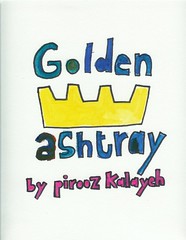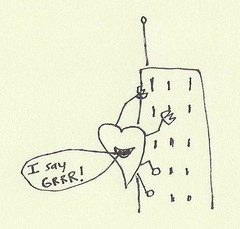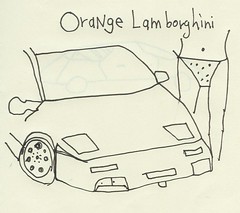Recently, a wonderful artist criticized a certain poem by Mary Oliver as ‘bad.’ This was my response:
Mmmm. I hear you, A. This poem is ‘bad’ because it adheres to a ‘super phony poet voice.’ And the idea that Mary is using a ‘voice’ is sorely mistaken, because she has yet to be stripped of her ‘super phony poet voice.’
Interesting.
Is it true though? Is Mary’s voice a ‘super phony poet voice’? How can you know this for a fact?
If I am dealing with a writer (of any age), proscribing an edit or suggesting a possibility, I do not believe that I know best. There are many pieces that artists create for reasons I cannot possibly fathom. It could be a cathartic piece—one which leads to another piece that is more ‘voiceless’ according to your personal taste. They may, in fact, be searching for a language in which to express a certain idea, and not have the language in which to communicate it. It is new territory. It is raw. Maybe, this is the case. I have no idea. There are so many innumerable possibilities. Infinite, in fact.
For me workshops are a safe place where an artist can take leaps and explore. It is not a place where conceptual ideas of ‘what poetry or voice is’ needs to be hammered. Let them search and explore, and find what works for them. I can make suggestions: stylistic moves; different approaches to language; messing with line breaks, etc., or I could say nothing at all.
I prefer nothing at all.
If anything, encouragement is useful. Most artists, in my experience, are extremely fragile. I, myself, have and continue to be fragile at times. There are different moves, different leaps. This could be seen as a lack of confidence, or a window of possibility. If I retained a sense of what ‘voice’ needed to be, or that certain poems were bad and others were good, this would severely limit my willingness to take a leap into the unknown.
Now I don’t know Mary’s catalyst or reaction of the poem. I do know that only hers matters though. If it was right for her, then that is all that needs to be said. There will be people who respond to it, and others who do not. Just in the same way that Britney Spears or Sark create particular reactions (in me). It may not be the music or poetry I gravitate towards, but it does not make it bad. In fact, there are many who will find an extreme sense of love for Britney or Sark. Sure. Why not? Just as with anything.
Of course, there are other tangents we could go on at this point. The one that comes up for me is this: With an economy that is based on good and bad, and an education system which supports this duality, will this country produce innovators or more of the same in every field? What would happen if there was no qualitative good or bad? What kind of poetry would be produced? What kind of poetry would you produce?
It is an interesting idea. It works for me. Take it or leave it. You know best.
There are two threads on Mary Oliver's "Dead Kitten" poem. Tony Tost has one, and so does K. Silem Mohammad. They are very interesting.
Subscribe to:
Post Comments (Atom)












No comments:
Post a Comment